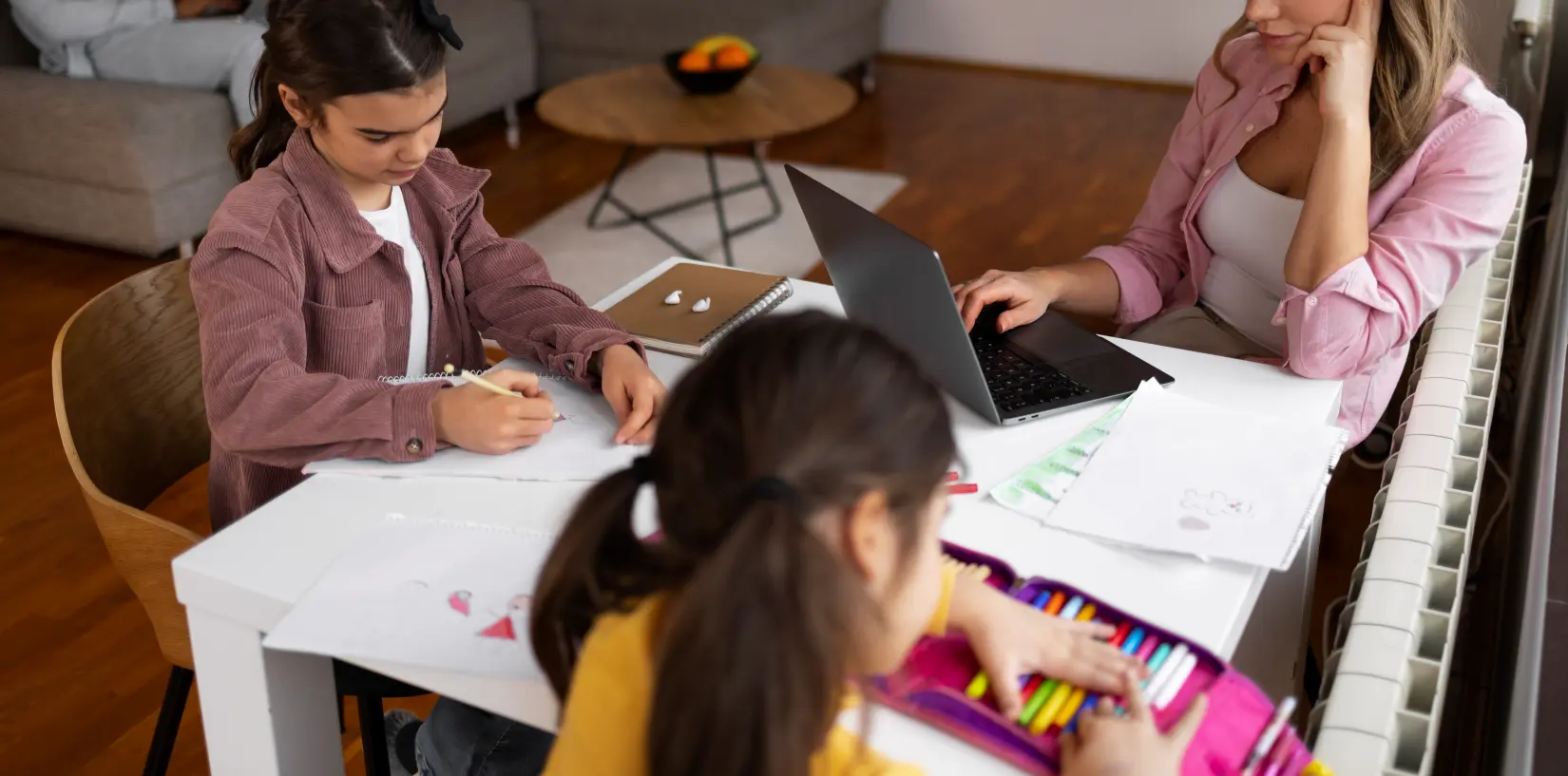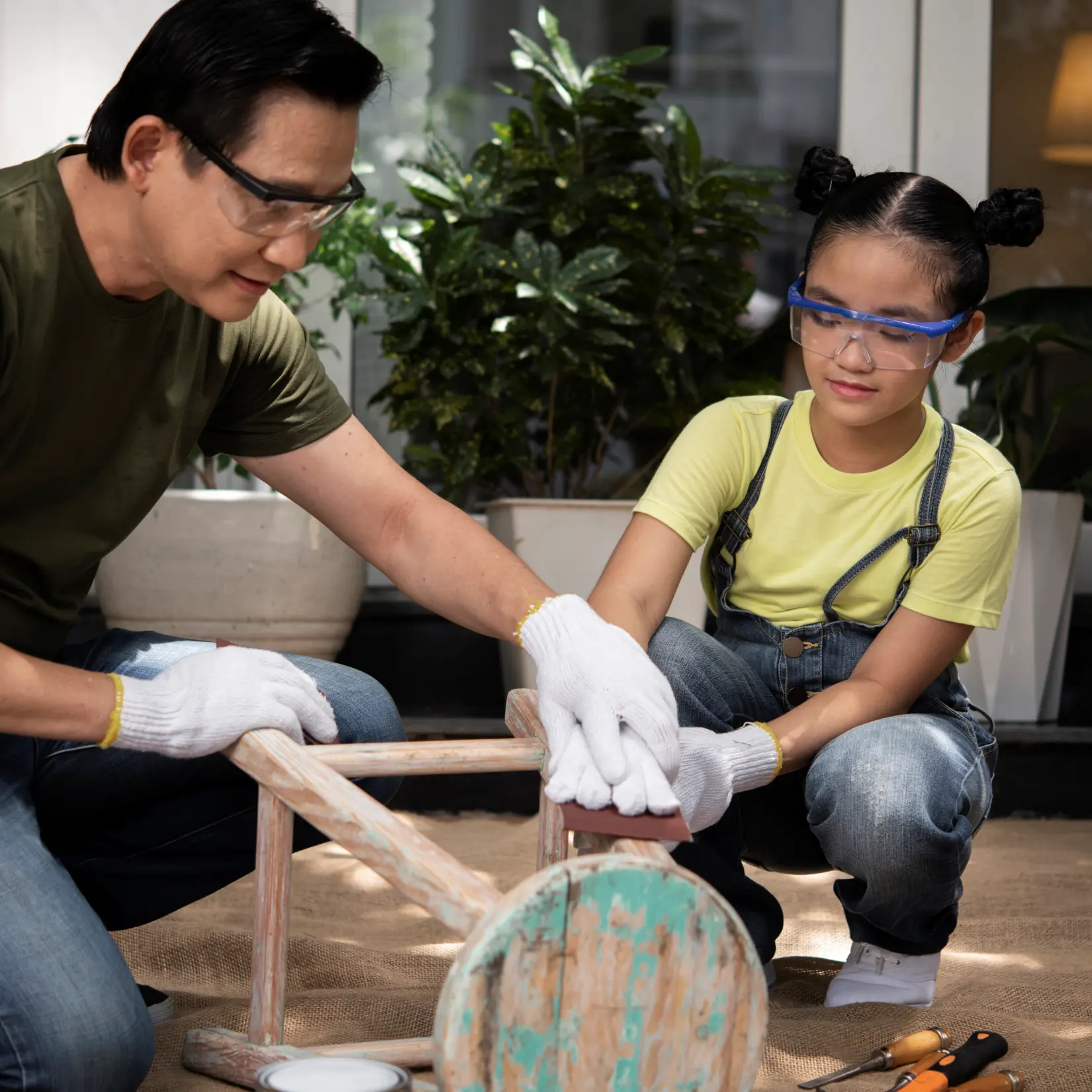Life Skills
Life Skills & Independence Preparation
At Avanda Cares, preparing youth for independence isn’t an afterthought—it’s a core part of our care model. We know that many young people leave the child welfare system without the foundational tools needed to thrive on their own. Without meaningful preparation, they face an increased risk of homelessness, poverty, and isolation.
Our Life Skills & Independence Preparation program is designed to build confidence, increase competence, and foster long-term self-sufficiency—starting the moment youth enter our care and continuing well into early adulthood.
Core Life Skills We Teach
Our Life Skills curriculum is hands-on, culturally responsive, and designed to meet youth where they are developmentally and emotionally. It includes real-world simulations, one-on-one coaching, and structured skill-building in areas such as:
Financial Survival & Smart Money Habits

Understanding income sources: OW, ODSP, part-time work, and entrepreneurship
Learning to budget using cash flow charts and “needs vs. wants” analysis
Creating financial safety nets: emergency savings, understanding credit, avoiding predatory lenders
Bill management: paying rent, setting up utilities, phone/internet plans, using online banking safely
Kitchen Confidence & Nutritional Awareness

Meal planning with a fixed weekly budget (e.g., $75–100)
Grocery shopping using flyers, apps, and unit pricing
Reading food labels and managing dietary restrictions
Cooking basic, healthy meals—breakfasts, one-pot dinners, batch cooking
Food safety: expiration dates, cross-contamination, safe fridge storage
Housing & Apartment Survival Skills

Navigating rental applications, deposits, and tenant rights in Ontario
Understanding leases, LTB rules, and how to advocate for housing fairness
Cleaning, organizing, and maintaining a safe and hygienic space
Basic maintenance: plunging a toilet, changing light bulbs, using pest prevention techniques
Communicating with landlords in a respectful and assertive way
Health, Mental Wellness & Personal Care

How to book appointments (online/phone), fill prescriptions, and manage OHIP
Understanding mental health symptoms and accessing therapy or crisis lines
Building a personal self-care routine: grooming, menstrual care, laundry, dental hygiene
Navigating consent, sexual health, and healthy relationships
Routine, Boundaries & Self-Management

Creating a personalized weekly planner and goal tracker
Identifying personal triggers and learning regulation tools (deep breathing, timeout routines, journaling)
Establishing healthy sleep patterns and time-blocking daily responsibilities
Setting and respecting boundaries with peers, staff, and employers
Communication, Advocacy & Conflict Resolution
Navigating difficult conversations without aggression or avoidance
Writing professional emails and texts (school, employers, landlords)
Knowing their rights: legal aid, youth advocacy services, conflict escalation paths
Managing peer dynamics, jealousy, gossip, and relationship conflict
Quick Links
Legal Links
- Privacy Policy
- Youth Success Pathways
- Get Involved
- Resources & Insights

